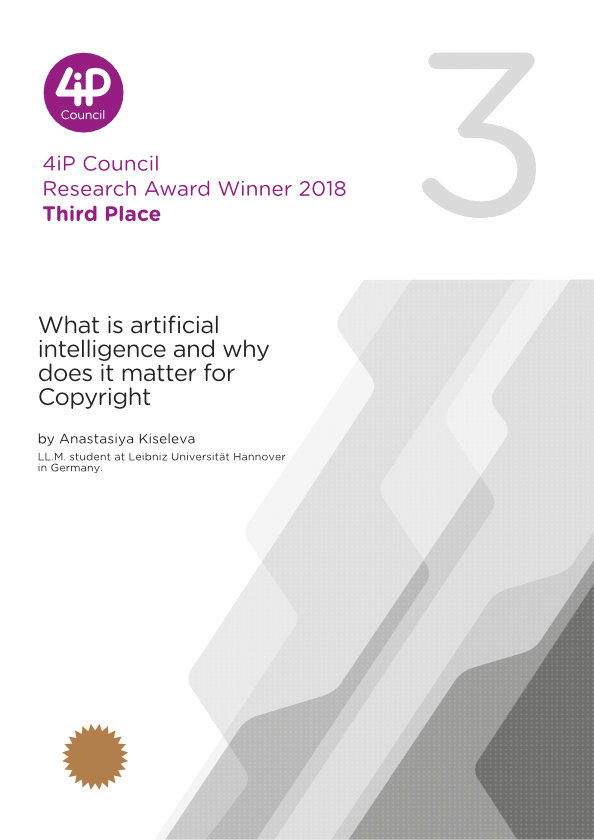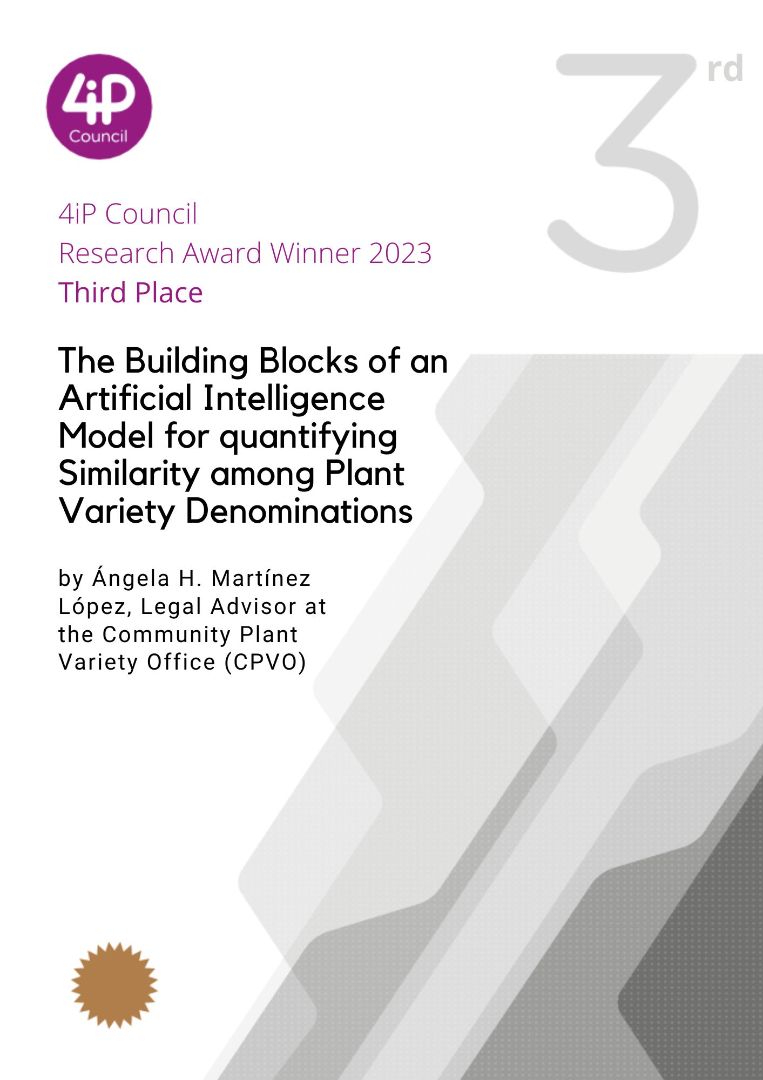WHAT IS ARTIFICIAL INTELLIGENCE AND WHY DOES IT MATTER FOR COPYRIGHT
Summary
The main purpose of this article is to show that the understanding of nature and features of artificial intelligence (“AI”) is necessary to address legal issues posed by AI in the copyright area. Although AI is widely discussed in many legal fields, scholars do not appear to pay enough attention to the nature and types of AI, its state of art and differentiation of AI with similar concepts. However, understanding the nature of any phenomenon is a necessary task to develop the rules for its regulation. For example, AI’s legal personality is the topic widely discussed nowadays by scholars and legislators. Nevertheless, most writing focuses on the philosophy of law and leaves aside the current level of AI technologies and their features, which is the foundation of establishing AI’s legal personality.
Therefore, the first part of this paper explores the nature of AI, its types and current state of art. AI is seen in the comparison with similar concepts: robots, machine learning, deep learning and neural networks. Thereafter, the types of AI are explored. Although AI is a complex technology, the issues identified do not require deep analysis of technological sources. The sources of popular science explaining the difficult concept in an intelligable way are more useful for the purposes of the current research.
Following the analysis of AI’s concept in general, the second part of this paper covers AI’s legal status. The relevant EU legislation and case law are used as the main sources to explore the current legal status of AI. While the future possible status of AI is more hypothetical and complex, the legal doctrine of different countries is examined in this respect.
Basing on the findings of two previous parts, the third one demonstrates how the nature of AI and its legal status influences copyright. Specifically, allocation of authorship and ownership of potentially copyrightable works generated by AI is a challenging task. Although many subjects are involved in the AI projects, a real creator is always AI. Therefore, this paper argues that unless AI is provided with legal personality, no authorship of works generated by AI can be attributed. What are the consequences of this for copyright? The paper finds that the current copyright system needs to be revised in order to prepare for AI-driven era and so some guidelines are suggested.






